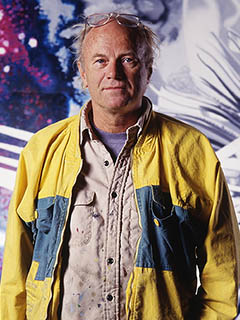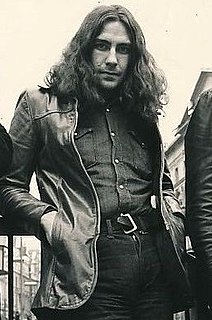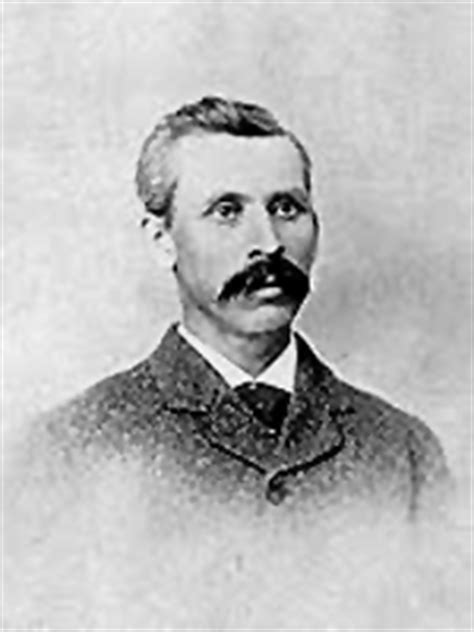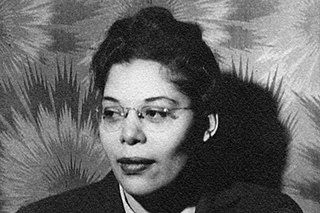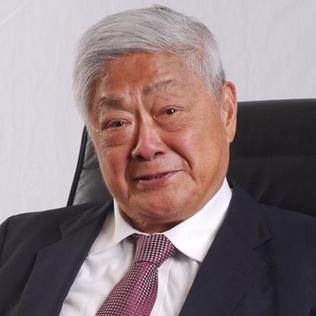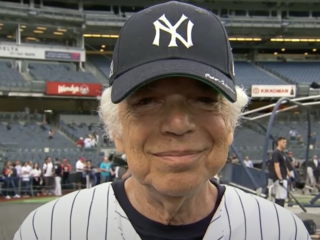A Quote by James Rosenquist
I hitchhiked to Miami in 1953, and there were oranges laying on the road, black shantytowns, and marinas with nice boats. The museums were virtually empty.
Related Quotes
One of the things I loved about Black Sabbath was, when we were on the road, there were times we had been on the road for so long and we were tired and we were exhausted. We would show up at gigs and we were so tired that we would be fast asleep in the dressing room. Our road manager would come in and say, '20 minutes, guys.'
One of the things I recognized early on, doing whatever studies of black history I have, is that even though black folks were transported as slaves, into servitude, when they were carried out of Africa they left empty-handed, but they didn't leave empty-headed. They carried with them the culture they knew, the culture they had, and that culture reconstituted itself in all the places they went.
I think it's very sad that CNN leads Jeb Bush, down a road by starting off virtually all the questions, "Mr. Trump this, Mister" - I think it's very sad. I watched the first debate, and the first long number of questions were, "Mr. Trump said this, Mr. Trump said that. Mr. Trump" - these poor guys - although, I must tell you, [Rick] Santorum, good guy. Governor [Mike] Huckabee, good guy. They were very nice, and I respect them greatly. But I thought it was very unfair that virtually the entire early portion of the debate was Trump this, Trump that, in order to get ratings, I guess.
The cultural wars of the sixties are over. I've reconciled with those who were my critics and opponents years ago. I was at odds with some those who were Black nationalists. Yet when feminists attempted to end my career and leave me as literary road kill, it was the Black nationalists who came to my rescue.
Black was bestlooking. ... Ebony was the best wood, the hardest wood; it was black. Virginia ham was the best ham. It was black on the outside. Tuxedos and tail coats were black and they were a man's finest, most expensive clothes. You had to use pepper to make most meats and vegetables fit to eat. The most flavorsome pepper was black. The best caviar was black. The rarest jewels were black: black opals, black pearls.
